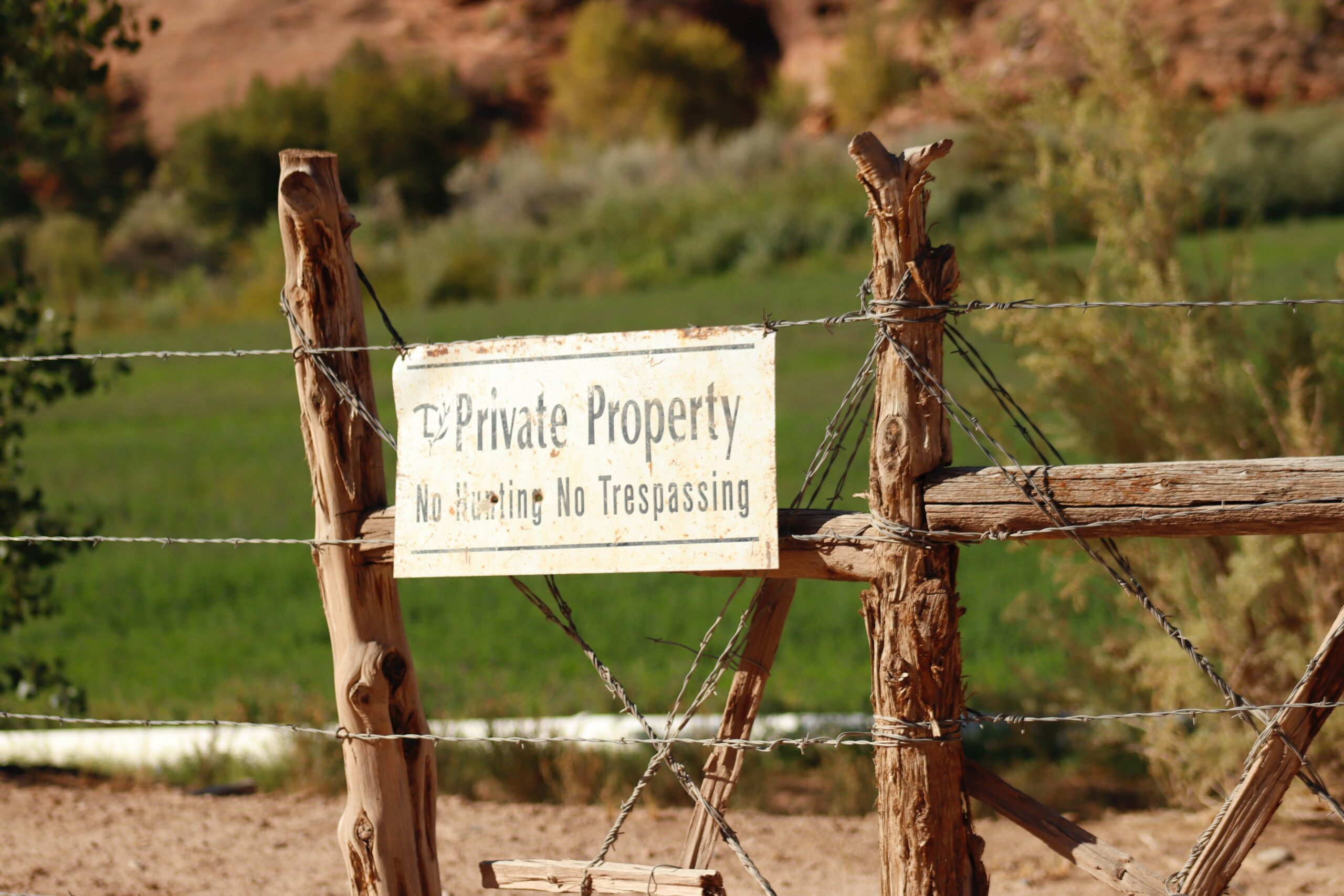Public vs. Private Property: Different Legal Rights in Slip and Fall Cases

In the realm of personal injury law, slip and fall cases are a common occurrence. These accidents can happen anywhere, from a grocery store to a friend’s house, and they often result in injuries that may have a significant impact on a person’s life. One crucial factor that can influence the outcome of a slip and fall case is whether the incident occurred on public or private property. In this blog post, we will delve into the legal distinctions between public and private property in slip and fall cases, shedding light on the different rights and responsibilities that come into play.
Understanding the Basics
Before we explore the legal nuances, let’s establish some foundational knowledge. Public property typically refers to spaces owned and maintained by government entities, such as sidewalks, parks, and government buildings. Private property, on the other hand, encompasses all non-government-owned spaces, which can range from residential homes to commercial establishments.
Duty of Care
One of the fundamental distinctions in slip and fall cases on public versus private property lies in the duty of care owed by the property owner or occupier.
Public Property:
Government entities responsible for maintaining public property owe a duty of care to the general public. This duty extends to keeping these spaces reasonably safe for pedestrians.
To establish liability on public property, a plaintiff must typically prove that the government entity was negligent in maintaining the property, leading to the slip and fall accident.
Private Property:
On private property, the duty of care owed by the property owner or occupier varies depending on the circumstances and the relationship between the injured party and the property owner.
Visitors can be categorized into invitees, licensees, and trespassers, each with a different level of care owed to them. Invitees, those invited for business purposes, are owed the highest duty of care.
Liability and Immunity
Another crucial aspect in slip and fall cases is the potential for liability and immunity.
Public Property:
Government entities may have immunity from certain types of slip and fall claims under the doctrine of sovereign immunity.
However, this immunity is not absolute, and exceptions may exist, especially in cases of gross negligence or a failure to address known hazards.
Private Property:
Private property owners can generally be held liable for slip and fall accidents if they fail to meet their duty of care obligations.
Liability may extend to property owners, tenants, or even contractors responsible for maintaining the premises.
Statute of Limitations
It is essential to be aware of the statute of limitations when pursuing a slip and fall claim, as it varies from one jurisdiction to another and may differ for public and private property cases. Generally, a plaintiff must file a lawsuit within a specified time frame from the date of the accident.
In slip and fall cases, whether on public or private property, the legal landscape can be complex and multifaceted. Understanding the distinctions between the two is crucial for both plaintiffs and defendants. If you or a loved one has suffered a slip and fall accident, it is advisable to consult with an experienced personal injury attorney who can navigate the legal intricacies and help you pursue the compensation you deserve. Remember, knowledge is your greatest ally in securing your rights and ensuring justice in slip and fall cases on both public and private property.
